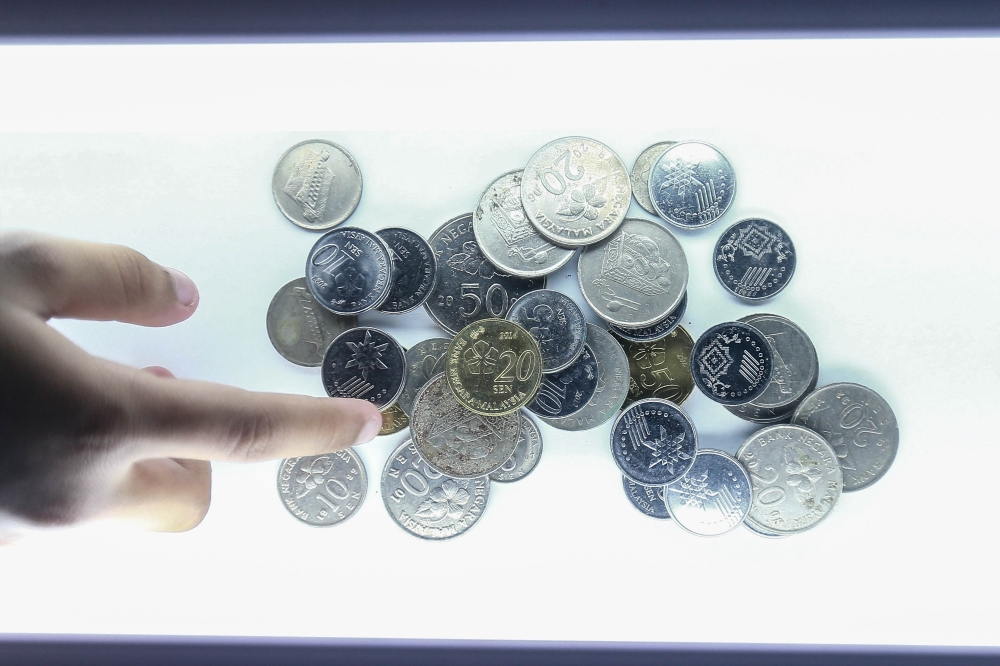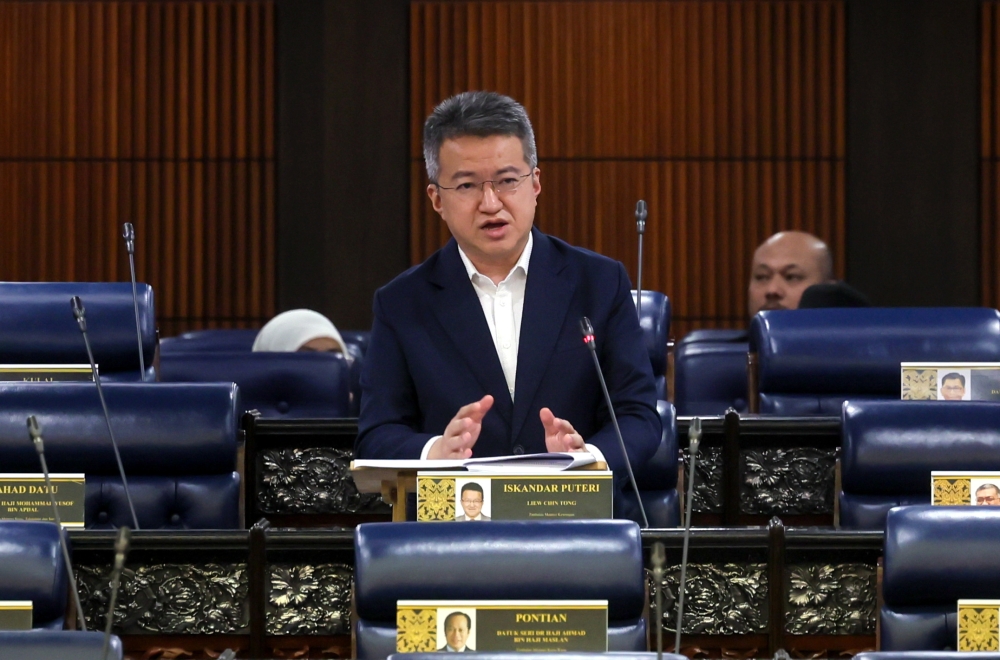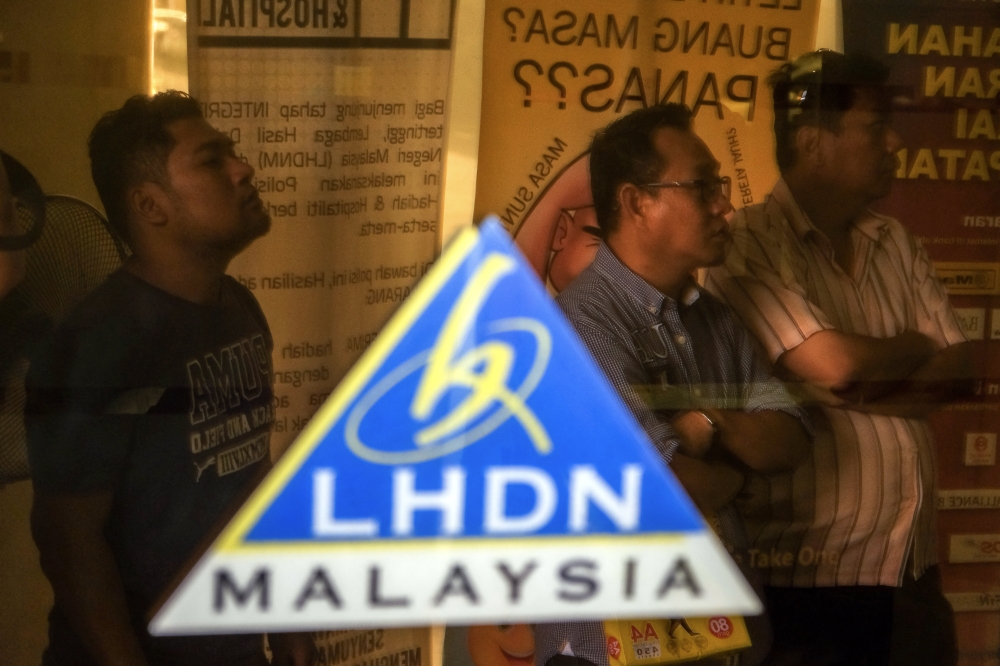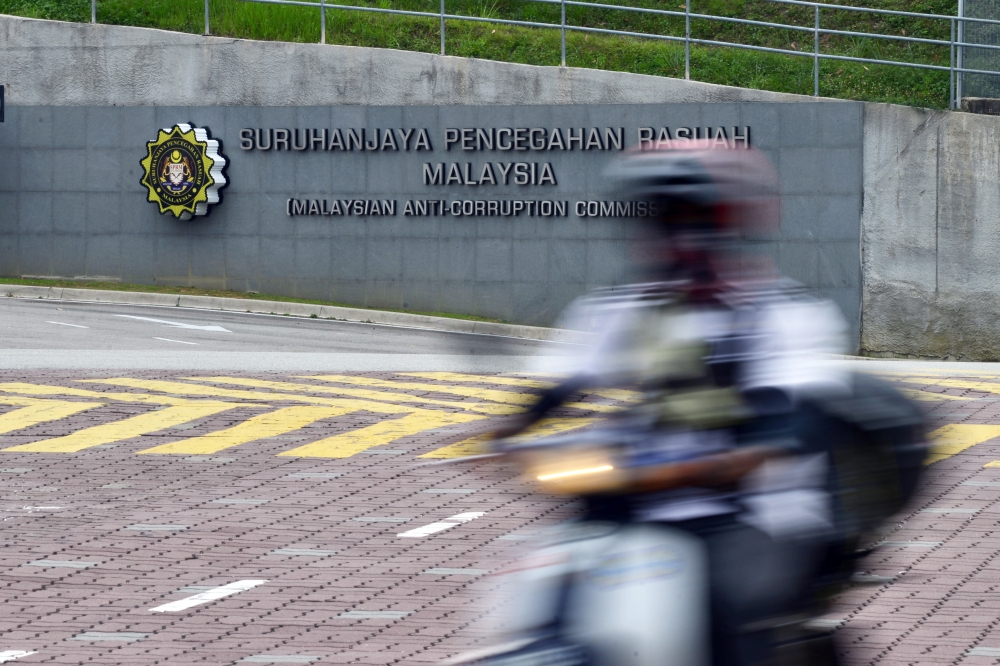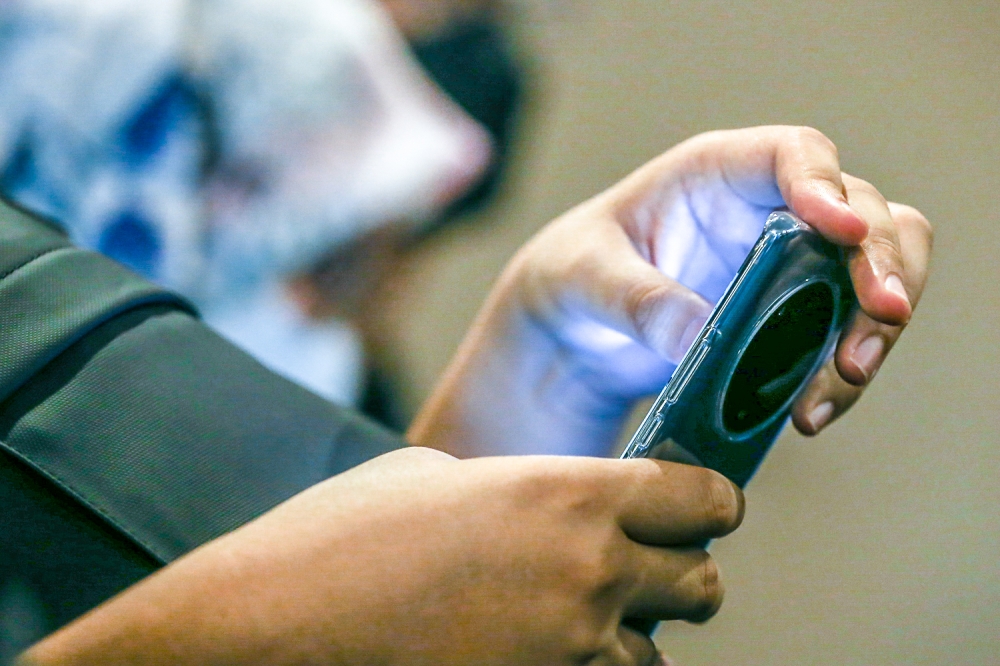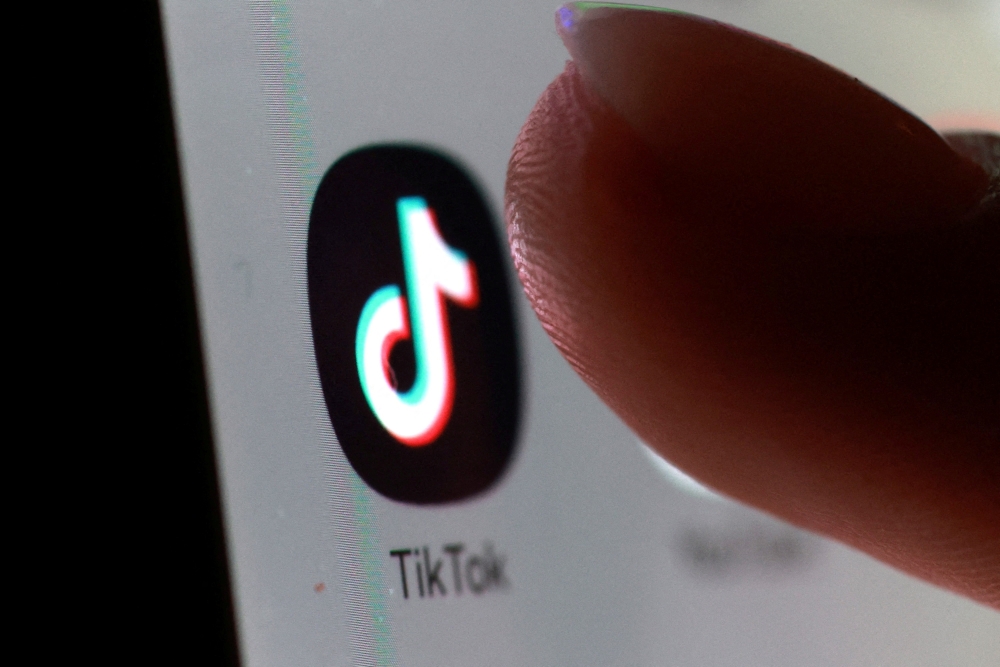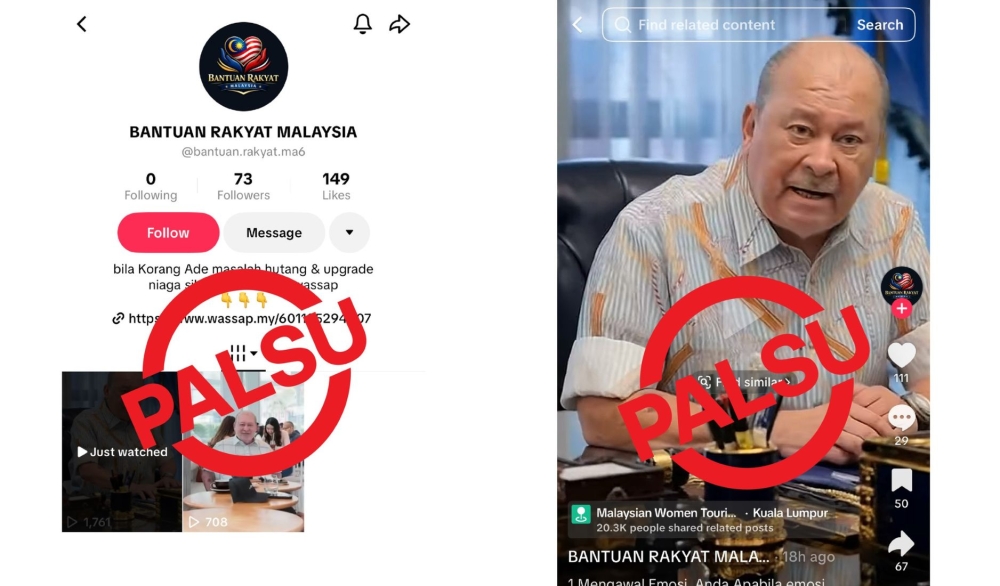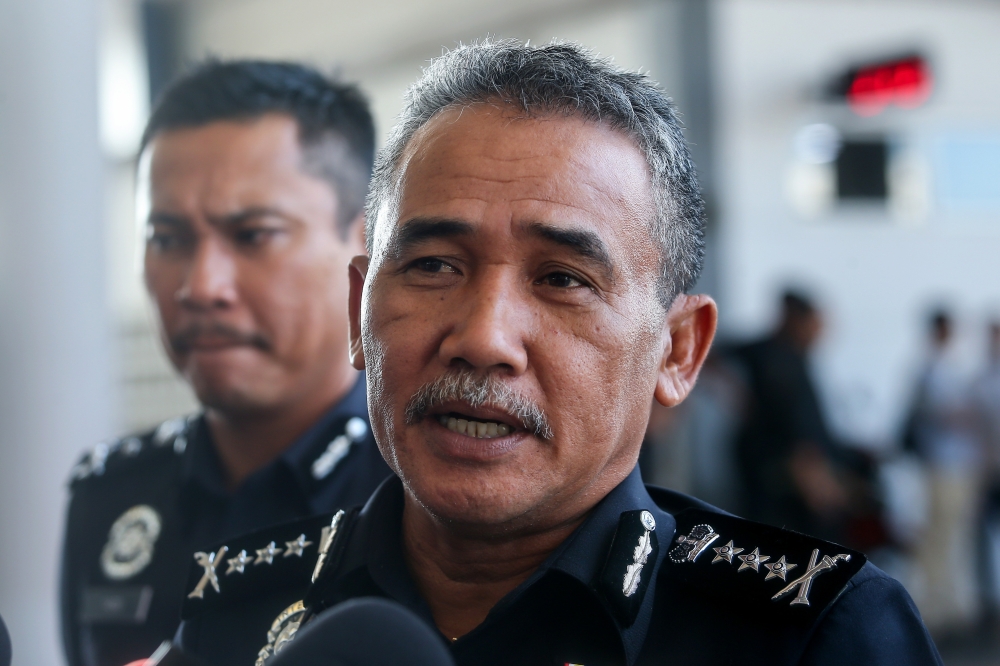JUNE 26 — Recently, it was reported on the local news that a HIV positive man in Singapore had been jailed for 12 months for having sex with two men and not disclosing his HIV status prior to sex.
The man had been aware of his HIV status and had been taking antiretroviral medication.
This medication prevents HIV developing into AIDS. While it doesn’t cure HIV, in many cases it reduces the amount of the virus in the body to the point where it is undetectable.
In this man’s case, the medication had cut his viral load to a point where he could not transmit the virus.
Court documents confirmed the accused’s viral load was consistently under 20 viral copies for every millilitre of plasma — and doctors at the hearing confirmed that at these levels, the disease was not transmissible even with unprotected sex.
Should it be the duty of the individual to disclose their status — even if they cannot transmit the disease?
This law is not limited to Singapore — many countries have this law or similar on their books.
In 2020, 92 countries reported to UNAIDS that they criminalised HIV non-disclosure, exposure, and transmission through either specific or general laws.
But that doesn’t mean it is the best practice.
For one, it can disproportionately affect the more marginalised members of society — particularly women. The UN report also points out how these laws fail to recognise that for many women, it is difficult to negotiate safer sex or disclose their status without fear of violence.
And in many cases, these laws impact the gay community the hardest.
Yet on the back of this particular news article, I read several comments defending this decision.
On a visceral level, I understand this response. After all, a large part of this response is the long-standing fear and stigma surrounding HIV.
It has been terrifying, and we have been terrified. Many even within the gay community believe deterring those who are HIV positive from having sex without disclosing their status is a good thing — even the harsh penalties.
However, the problem with this approach is it pursues punitive over preventative.
If knowing I am HIV positive puts on me the additional burden of non-disclosure, then why would I get myself tested? In these instances then, can ignorance suddenly be a more appealing option?
This push for decriminalisation of non-disclosure needs to be discussed more — the motivations of the state (to protect individuals from contracting HIV from those infected) need to be balanced with the level of risk and the larger need to create a society that empowers people to get tested and treated without fear.
As a developed society and one that is committed to scientific fact over fear... we need to have these conversations.
*This is the personal opinion of the columnist.

